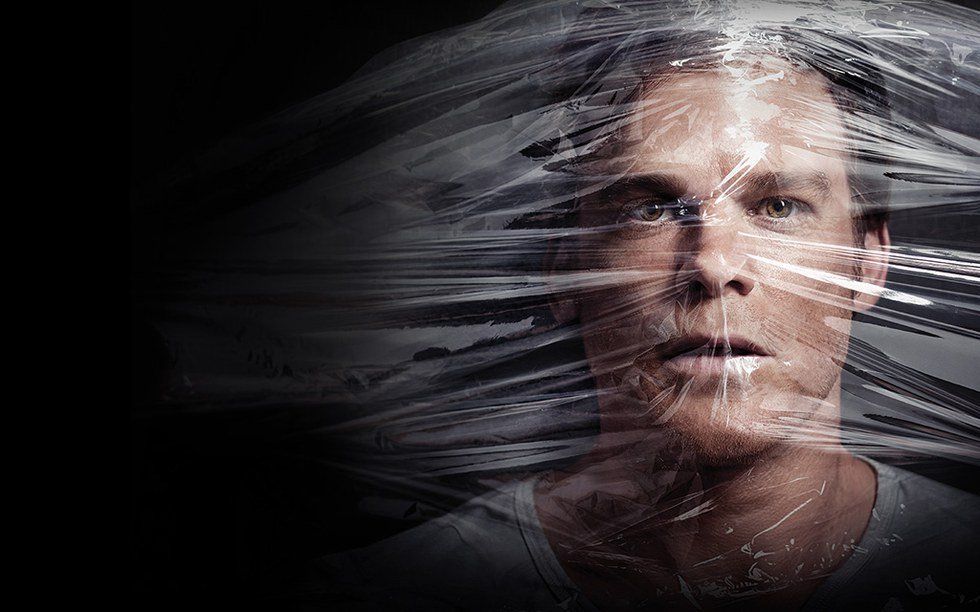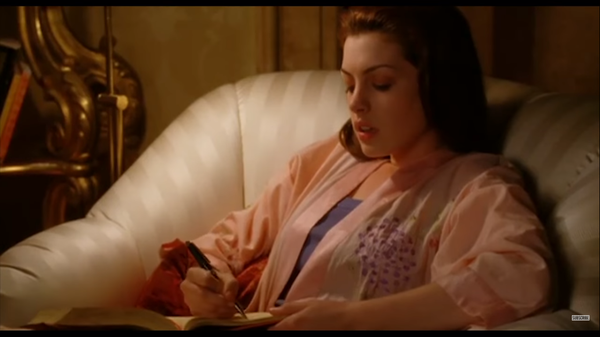For those of you who haven’t seen Showtime’s "Dexter," which was based on Jeff Lindsay’s novel "Darkly Dreaming Dexter," then you need to. The story follows a man named Dexter, who by day is a forensic blood spatter analyst, and also by day a vigilante serial killer. The most confusing part of the show is that you can’t help but sympathize with Dexter, and on some level want him to succeed as a serial killer.
From episode one, you are rooting for him in all of his killing endeavors, and you don’t want him to get caught. A lot of psychologists have analyzed Dexter as a character, and why the show’s audience has been so enthralled with him. Negative speculation has occurred as well, for the romantic and heroic way Dexter kills has inspired amateur real-life killers to try and mimic him. But whether the show has a negative or positive effect, it’s the kind of effect that stays with you. Only expecting to make one season, the following 8 seasons after the very strategic opening were a little jumpy. Characters came and went, and the plot made abrupt turns. But through it all, you had the same, Dexter.
So why do we sympathize and support Dexter? Personally, I think it’s because we have unlimited access to his mind. His voice is the sole narration of the show, and the voice we hear most often. We come to love that voice because in a way it’s like he is speaking directly to you as a viewer. Like somehow only you know the real Dexter. Another possible reason is that we see the direct effect of both nature and nurture. Dexter watched his mother die as a child, and was left to soak in her blood before anybody found him.
He himself believes this was the cause of his psychopathic tendencies and his more specific obsession with blood. Through flashbacks, we see the evolution of his “dark passenger” with the help of his father Harry. The past sets up a situation that makes the viewer believe Dexter had no escape, which is probably true- and Harry helps to teach him who to kill and how. Finally, I think it’s possible we sympathize with Dexter because of his personality alone. He has no understanding of human emotion but mimics the emotions of others to try and act, well, just as human as them. It’s senselessly entertaining to watch because he doesn’t try to be funny, he just is.
The ending faced a lot of criticism, especially because it seemed Dexter made a selfish choice when he kept saying it was the most selfless. After Deb dies, he blames himself. He is afraid that being a part of Hannah and his son Harrison’s life will only end in tragedy. So he fakes his death and becomes a lumberjack. On the surface this might be the worst ending of an 8 year-long-running show, but, in reality, it’s the only way it could have ended. Dexter wanted to be both a serial killer and a real human capable of emotion but realized he couldn’t have both. After Deb’s death, he feared that anyone he loved would end up hurt because of him, so he exiled himself. Death would have been too easy for him, and as a self- preservationist he wouldn’t willingly end his life. Instead, he chose to isolate himself so he couldn’t hurt the ones he cared about. Through all of this, we still sympathize with Dexter. The writers and producers of this show created a human incapable of emotion, but somehow with the capacity to trigger so much emotion in others.




















